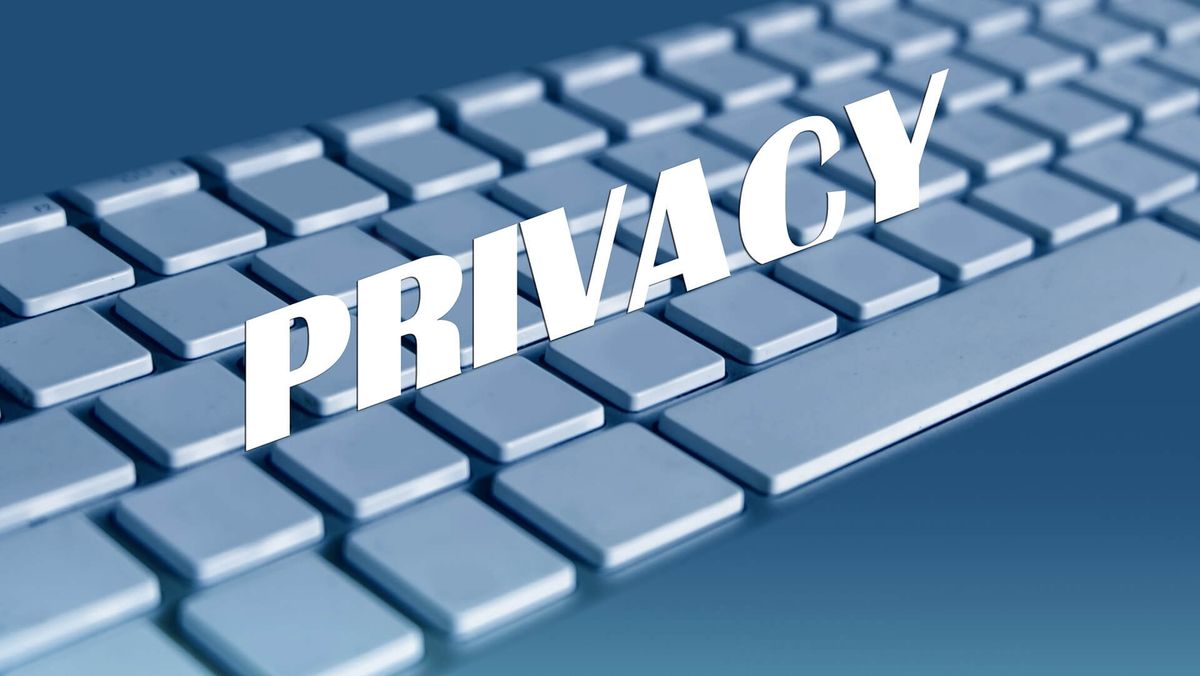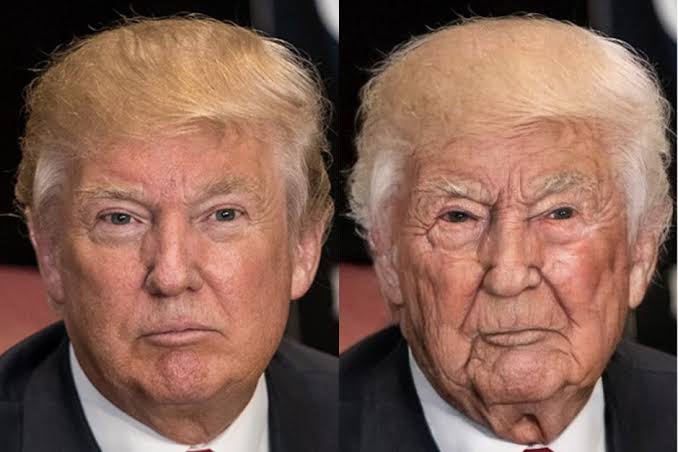Internet Governance II: Protecting your data and privacy online
While there is still so much governments and private individuals have to do, we also have a role to play in internet governance

Editor's Note: This is the second part of the series on internet governance in Nigeria.
"I have read and agreed to the terms" is one lie almost everyone is guilty of. Because we rarely read the terms nor the privacy policy of software and applications before installing them.
In the first installment of this two-part series, I underlined the state of internet governance in Nigeria and the major stakeholders, notably governments, civil societies, and the private sector. But internet users are also a major stakeholder, playing a crucial role in advancing the issues of internet governance. For instance, an internet user can contribute to the repression of cyberbullying by not being a bully and reporting cases of cyberbullying.
The elementary issues of poor network services, digital illiteracy and lack of affordable internet in the country, however, make less people to be interested in important conversations about cybersecurity, data and privacy protection, and cyberbullying.
Nigeria has a Data Protection Regulation, similar to the European General Data Protection Regulation, but making laws and ensuring companies adhere to them is how far the government can go. As an internet user, you must take responsibility for the protection of your data and privacy. These are four ways you can use to protect data and privacy.
1. Tweak privacy settings on social media
Social media platforms are like global market and village square; they are filled with strangers from different parts of the world. As such, you need to be wary of the information you share and the people that have access to them.
Platforms like Facebook, Twitter and Instagram allow you to tweak your settings to determine who can see your post, send you a message or interact with you. If you have not tweaked your settings to fit your personality, it's high time you did.
2. Review mobile apps permissions
Mobile applications require access to certain features on our phones to carry out different actions. For example, you can't send a voice note on WhatsApp without providing access to your microphone. Neither, can you use Snapchat filters if the application does not have access to your camera. These are legitimate and reasonable permissions.
But some apps can really get intrusive by demanding permissions to settings not required for them to function, and this is against the NDPR. For instance, it does not make sense for a video player app to request access to your location or for a calculator app to request access to your contacts.
You should always review app permissions without granting them. If you don't understand why an app needs certain permission(s), you can just delete it.
3. Stop lying; read the terms and privacy policy
Earlier this year, there was a big stir about the popular face altering technology app, FaceApp.
Apparently, the privacy policy of FaceApp included a clause which granted them "a perpetual, irrevocable… license to… share certain information such as cookie data with third-party advertising partners...."

The fine print of most of the apps we use grant them access to use our data. And we are all guilty of not reading privacy policies because they are long and boring, and probably reading them won't deter us from using the app anyway. Perhaps, we might want to rethink that.
To be candid, it is near-impossible not to sacrifice a little privacy or data to enjoy the benefits of the applications and softwares in this age, but it is important to know how the data is managed.
4. Use Virtual Private Network
A Virtual Private Network (VPN) creates a secure connection for you to access the internet. It protects your online activities by shielding your IP address. VPNs come handy when you are browsing through an untrusted network, such as a public WiFi.
It is common advice that you should not access sensitive information using an untrusted network. If, in any case, you have to do that, a VPN can always come to your rescue. While the best VPNs come at a price, there are still some free ones that are good.
Conclusion
Technology is fast improving, and it would be great to see more people interested in how the different tools and apps we use affect our daily lives, including our privacy.
As mentioned earlier, to use the services of most software and applications, especially those that are free, we must also provide some personal information. The most important thing, however, is that such shared information must be used for the intended purposes only and be kept away from prying eyes of nefarious criminals.
Although there is still so much government and the private sector have to do, we must also recognize that, as internet users, we have a role to play in internet governance.
Read the first part of this series on internet governance in Nigeria here






